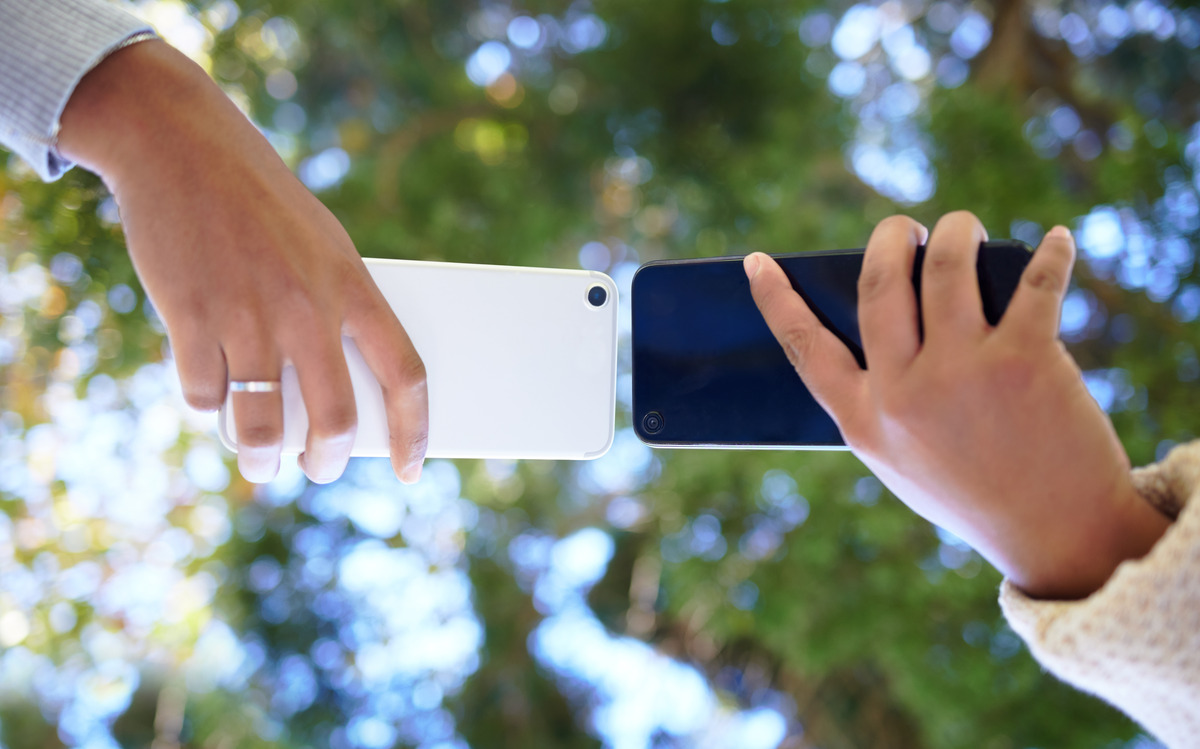Android vs iOS – Which Operating System Is Better

🤖 Android vs 🍎 iOS – Which Operating System Is Better for You?
Choosing between Android and iOS? Here’s a comprehensive, side-by-side breakdown to help you make the right call based on your lifestyle, budget, and tech needs.
🔍 1. User Interface & Experience
iOS is known for its smooth, clean, and consistent interface across all Apple devices. It’s beginner-friendly and minimalistic.
Android offers far more customization—letting users tweak widgets, icons, launchers, and even the entire look and feel of the system. Great for tech-savvy users who enjoy flexibility.
✔ Choose iOS if you want simplicity and polish. ✔ Choose Android if you prefer customization and control.
📱 2. Device Variety & Pricing
Android runs on a huge range of devices—from budget phones to ultra-premium models (Samsung, Google Pixel, OnePlus, etc.). This gives you more pricing options and hardware choices.
iOS runs exclusively on iPhones and iPads. While generally more expensive, Apple offers consistent performance across its range.
- Android: Wide range from $100 to $1500+
- iOS: Typically $400 and up, premium feel throughout
🔒 3. Security & Privacy
iOS is widely considered more secure by default. Apple’s strict App Store rules and limited customization reduce the risk of malware and data leaks.
Android has improved greatly in recent years, but due to its openness and multiple manufacturers, it can be more prone to malware if you’re not cautious.
✔ For top-tier privacy and security, iOS leads. ✔ Android gives freedom, but you need to be more vigilant.
📦 4. App Ecosystem
Both platforms have millions of apps, but:
- iOS apps are usually released first and are better optimized.
- Android apps offer more flexibility (like file downloads and third-party stores).
Gamers and creators may prefer iOS for performance and stability. Developers may lean toward Android for experimentation.
🔄 5. Software Updates
iOS offers immediate software updates to all devices globally. You can keep even a 5-year-old iPhone updated to the latest version of iOS.
Android updates depend on the manufacturer. Google Pixel devices are first in line, while others may take months to roll out updates.
🔗 6. Ecosystem Integration
Apple’s ecosystem is unmatched—your iPhone works seamlessly with your MacBook, iPad, AirPods, and Apple Watch.
Android has improved integration through Google services, Samsung SmartThings, and other cross-device features, but it’s still more fragmented.
🎮 7. Gaming & Performance
iPhones often outperform similarly priced Android phones in real-world gaming tests thanks to Apple’s custom silicon and GPU optimizations.
High-end Android phones (like the Galaxy S series and ASUS ROG) still offer excellent performance with advanced cooling systems and high refresh-rate displays.
💬 8. Voice Assistants & AI
Google Assistant is more conversational, faster, and better integrated with third-party services compared to Siri.
Siri is improving but still more limited. However, it’s tightly integrated with Apple’s ecosystem.
💡 Summary Table
| Feature | Android | iOS |
|---|---|---|
| Customization | ✅ Full Control | ❌ Limited |
| Security | ⚠ Varies | ✅ Strong |
| Device Range | ✅ Huge | ❌ Limited |
| Updates | ❌ Fragmented | ✅ Universal |
🧠 Final Verdict: Which One Is Better for You?
There’s no one-size-fits-all answer—it depends on what matters most to you:
- ✔ Go with iOS if you prefer premium hardware, privacy, and seamless Apple ecosystem integration.
- ✔ Choose Android if you value customization, wider device variety, and Google services.
Still undecided? Check out our collection of the latest Android phones and iPhones at SeamlessBills — compare models and make an informed choice!
